
Starting June 1st, 2023 Our warehouse fee will be $0.65/cubic foot per month
In effort to lower the warehouse storage fee during inflation, we have went narrow aisle racking.This construction took us four months but the project is finally completed. With narrow aisle racking, we are able to drop storage by 24%.We as partners will go through this inflation together.
10/29/2023
When your freight is in transit, it is vulnerable to risks that can damage or destroy it. If a shipment is lost at sea because the container ship sinks, the carrier's responsibility is usually insufficient to cover the freight value. If your truck is in an accident, you have just lost two assets: your truck and your goods. That is why cargo insurance for your freight is essential. If your shipment is lost or damaged, you can save time and money. In addition, this post will teach you more about cargo insurance, including its benefits, types, and coverage.
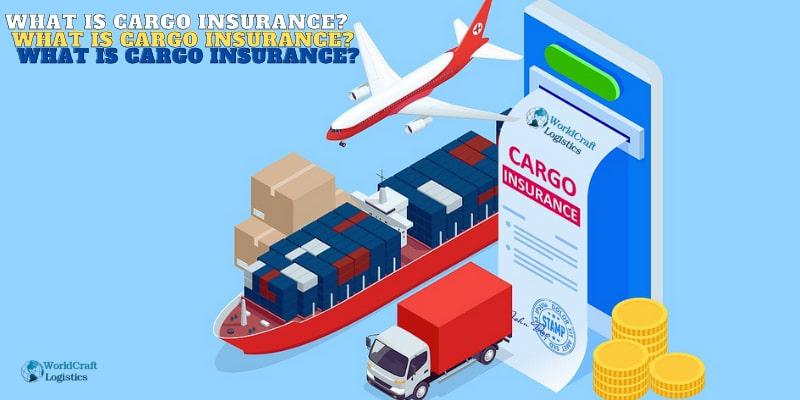
Cargo insurance is the most commonly utilized technique for protecting the value of your products against physical damage, theft, or general loss. Cargo insurance is not always automatically included for all items carried; this frequently varies by location. Instead, the shipper or consignee can purchase insurance coverage from specialist suppliers, big brokers, local agents, websites, and freight forwarders on the insurance marketplace.
As an example: A business just needs to spend roughly $100 to purchase insurance for a $20,000 import-export shipment. This is a totally justified cost, so when an incident occurs, a total value of items of $20,000 is compensated. As a result, purchasing insurance is something that should be done to protect the shipment in the event that something unforeseen occurs.
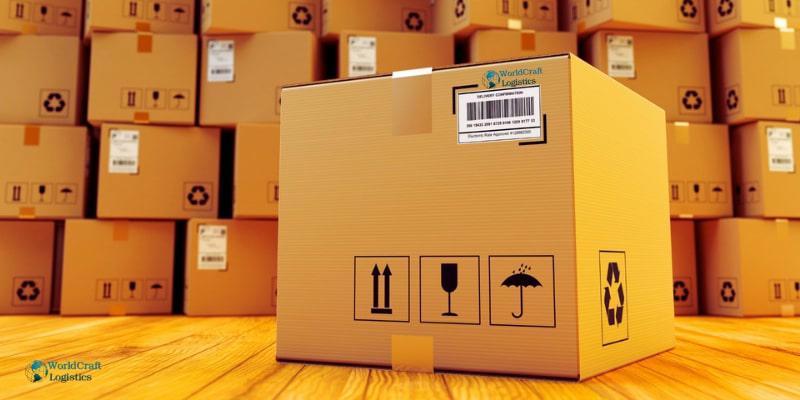
A lack of risk management and cargo insurance coverage can swiftly drain profits and harm reputations in small to mid-size logistics enterprises. "Game Out" is a costly price to pay for being caught off guard by an unexpected problem in your supply chain. There is no necessity to get cargo insurance, but it is a useful instrument that can be utilized to give some financial security in the event of cargo loss or damage. It also helps to establish clear norms for payment duties between buyers and sellers in the event of damage, which reduces legal conflicts.
The main advantage of cargo insurance is that it reduces your financial loss if your shipment is damaged or lost. The tiny expenditure (also known as the premium) you make ensures that your items leave your storage safely.
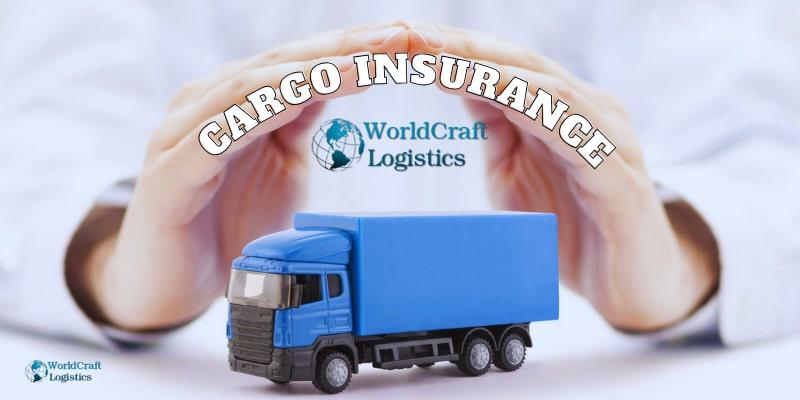
It also contains the following benefits for your company:
Your financial flow is safe from unplanned interruptions.
Profits are still produced if it is covered.
Because of expert service, the claims procedure is efficient.
Loss reporting has been simplified.
Cargo insurance is as varied as the cargo it insures. Each policy has its own set of coverages, exclusions, and fees. It is a complex network that may catch even the most experienced businessperson off guard. A slight omission might spell disaster, while over-coverage can have a major influence on the bottom line. It is difficult to navigate this landscape, but with a little assistance, you may be confident in your coverage pick. Information about three types of cargo insurance:
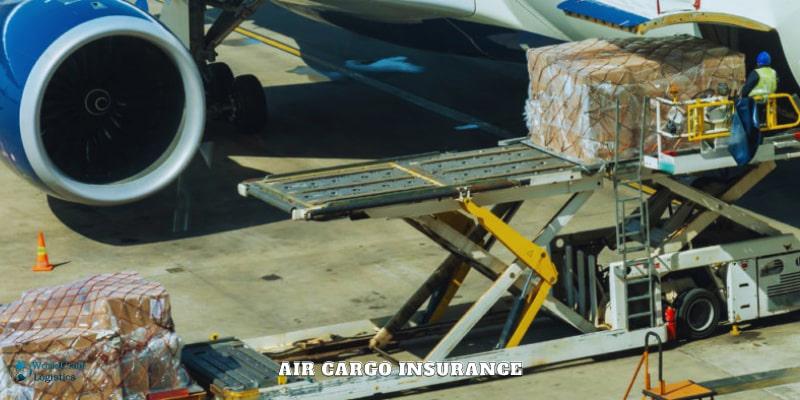
Regular flights or specialized cargo planes are used for transportation. Air Cargo Insurance protects against loss or damage caused by loading and unloading, air turbulence, inclement weather, or other mishaps while the shipment is being carried or in the ownership of the Logistics business. In general, air cargo insurance policies will require additional riders or coverage for hazardous, perishable, or fragile commodities.
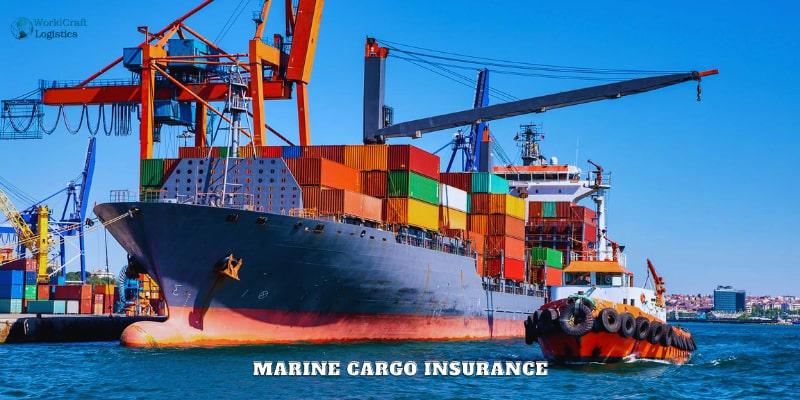
Ships travel to and from overseas regions, for example from U.S and Canada. The general coverage of Marine cargo insurance includes loss or damage due to loading and unloading, piracy, severe weather, or other accidents when the shipment is at sea while in the Logistics company's ownership. Similarly to land cargo insurance, particular extra coverage for perishable, delicate, explosive, or hazardous cargo can (and should) be added based on the value and nature of the products.
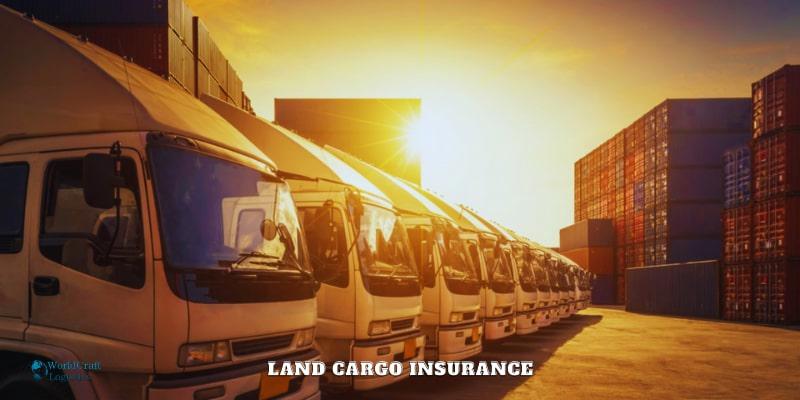
Trucks or any other road or rail vehicle can be used to convey cargo inside the United States or across other regions (where permitted). Land cargo insurance generally covers loss due to collision, road accidents, vehicle flipping, and theft.
Depending on the nature of the commodities, additional coverage may be required to cover the loss of perishable goods due to faulty refrigeration or heating systems, as well as wear and tear from transportation.
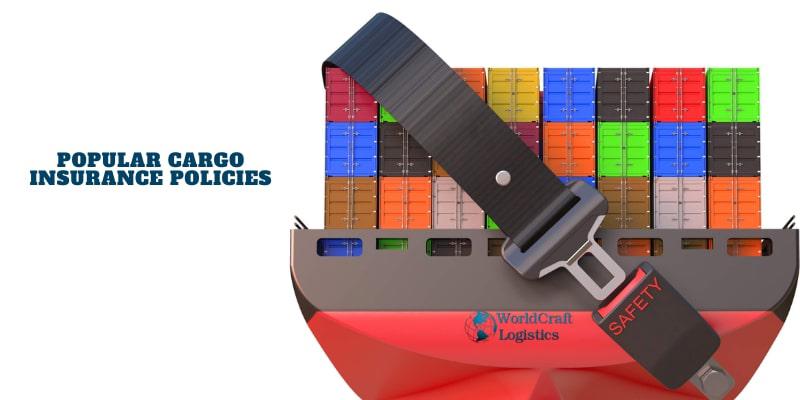
When researching cargo insurance, you'll come across many types of coverage, each providing varying degrees of protection. The following are the four most prevalent cargo insurance policies
The most comprehensive coverage is provided by All Risk insurance. It protects against all physical loss or damage caused by external factors, making it an excellent solution for high-value, delicate, or perishable objects.
The following are some instances of circumstances covered by All Risk insurance:
Collisions that occur by chance
Hurricanes and hailstorms are examples of natural disasters.
Piracy
Mishandling has caused damage.
Improper storing causes damage.
Because of its broad character, All Risk cargo insurance is required in situations such as:
Shipping High-Value Goods: This category contains items such as luxury cars, high-end gadgets, and valuable artwork.
Fragile Item Transport: Avoid causing costly harm to delicate or fragile items such as glass, pottery, or musical instruments.
Perishable Goods Shipping: Because even a minor delay or temperature change can cause deterioration, complete coverage is a wise choice for firms transporting perishable commodities such as seafood, fruits, or flowers.
Frequent Shipping Over Long Distances: Companies that ship frequently tend to travel long distances. This may take them through areas with volatile weather or a high danger of piracy, both of which benefit from All danger insurance.
Items with Expensive Replacement Costs: Invest in All Risk insurance for assets with high replacement or repair prices, such as specialist machinery or custom-made items, to save money in the event of loss or damage.
Given the wide spectrum of incidents to which it applies, All Risk insurance provides shippers with significant peace of mind.
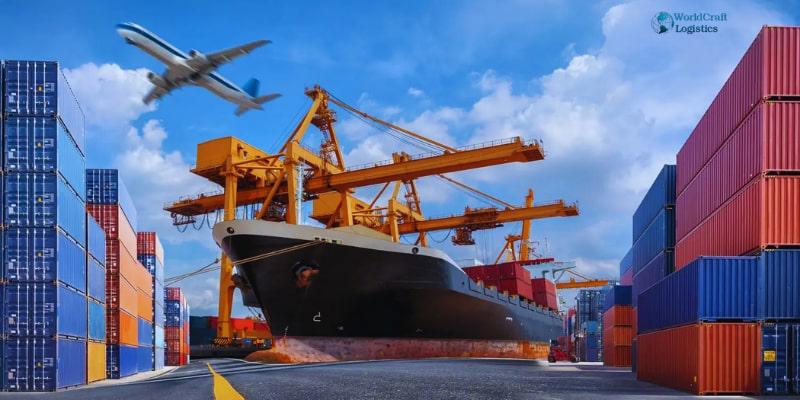
Total Loss Only policies are a less expensive type of cargo insurance. They protect you from circumstances in which the entire shipment is lost, but not from small damages.
In the following scenarios, this policy type may be the best option:
Little-worth Goods: If your cargo is of little worth, covering the whole loss is preferable to insuring against small losses.
Commodities with Resilience: Some items are tough and unlikely to sustain minor damage during transit. Metal pieces, specific machinery, or raw materials may be suitable candidates.
Budgetary Restrictions: If your budget is limited, a Total Loss Only policy provides a good balance of cost and coverage. Even if it does not cover every issue, it ensures that you will not suffer a catastrophic loss.
Low-Risk Routes: If your cargo is traveling on well-established, safe routes, this coverage may be sufficient. When your goods is not moving through high-risk zones or harsh weather conditions, the chances of total loss are greatly reduced.
Essentially, the less danger involved in the journey, the more likely a Total Loss Only policy will be your best option.
Named Perils and Specific Perils coverages are two types of cargo insurance that are unique but similar. Unlike an All Risk policy, this sort of cargo insurance only covers the hazards explicitly stated in the policy and does not provide comprehensive coverage. It is a more tailored type of coverage that may be appropriate in certain circumstances.
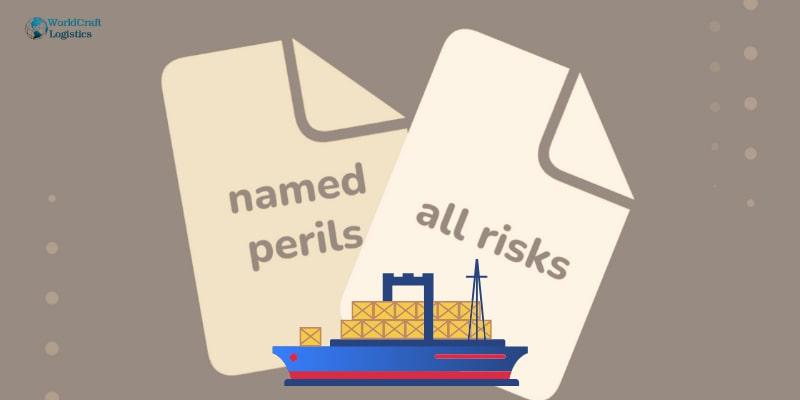
Named Perils coverage is ideal when you are aware of certain risks such as: If you are aware that your goods will be subjected to certain hazards, such as rough handling at a specific port or poor weather on a specific route. Named Perils coverage allows you to protect yourself against certain risks.
You Need a Personalized Policy: If you have specific demands or encounter risks that aren't normally covered by regular policies, Named Perils coverage allows you to tailor your insurance to your needs.
Cost Control: If you're wanting to cut expenses and only pay for specific risks, Named Perils coverage can be a good option.
Coverage for Specific Perils
Specific Perils coverage, on the other hand, may be the best option if: You Have High-Value Cargo: Specific Perils coverage can provide extra peace of mind if you're delivering valuable goods by covering distinct dangers that could adversely harm your bottom line.
You are shipping to high-risk areas: If your cargo is traveling to a location recognized for distinct dangers, like as piracy or political unrest, Specific Perils coverage can assist protect against those specific obstacles.
Remember that, like with any insurance policy, the goal is to strike a balance between coverage and cost.
When the primary policy does not react or is not in place, a contingent insurance policy provides coverage. They serve as a safety net in cases where coverage gaps may emerge.
Here are some scenarios where dependent coverage might be a good fit:
International Shipping: A contingent coverage provides additional protection for enterprises involved in worldwide shipping, where rules and regulations might vary widely from one jurisdiction to the next.
Unreliable Carriers: If you're working with new or untrustworthy carriers and have concerns about their insurance coverage, a contingency policy could protect you from unforeseen losses.
Cargo at High Risk: If your cargo is exceptionally valuable or vulnerable to damage, a contingent policy adds an extra layer of protection beyond the core coverage.
Complex Supply Chains: When your goods transit through many handlers or modes of transportation, the potential of miscommunication or misunderstanding regarding who is responsible for insurance at each point increases. These gaps can be filled by contingent insurance.
A contingent insurance coverage is not for every cargo, but it provides essential piece of mind for those with higher risk or complexity.
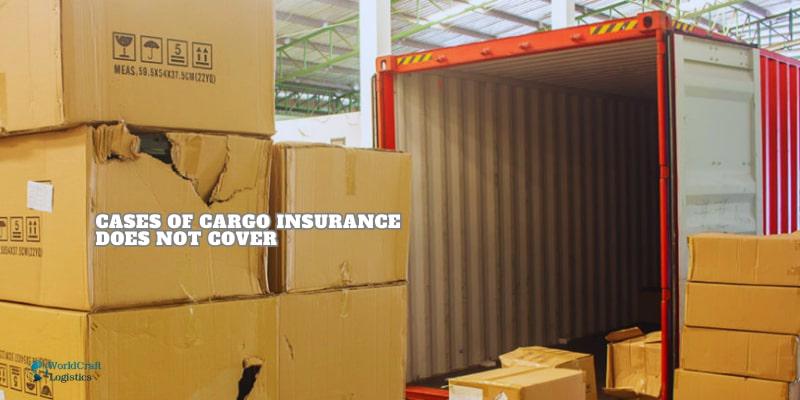
The commercial cargo insurance does not cover risks and difficulties over which the shipper has significant control. It is critical to keep this in mind to reduce the likelihood of your freight being damaged or lost.
In general, policies prohibit:
Inadequate packaging caused damage. If any damage to your goods is traced back to faulty freight packaging, the policy will not cover you.
Damage caused by defective items. If the carrier can demonstrate that the damage was caused by faulty items inside your shipment, the coverage will not reimburse you.
Certain types of freight. Some insurance companies will not insure hazardous materials, certain electrical products, or other valuable or fragile items.
Certain modes of transportation. Some policies may only cover your cargo while it is on board a ship, plane, or truck.
CIF = (C+F) / (1-R)
I = CIF x R
In which, I: Insurance fee, C: Product price, F: Shipping fee price, R: Insurance fee rate
The insurance premium rate depends on the type of goods, packaging method, means of transportation, and route and insurance conditions.

>>> Worldcraft Logistics ensures the safety of your cargo at all times. We have a large warehouse ready to support you in various stages, including transportation and affordable and legally compliant cargo insurance. Don't hesitate to get in touch with us. 👉 CLICK HERE
When you have adequate cargo protection, filing a claim is an intimidating but rather simple process. If you have suffered damage or loss, you must file and attempt to settle the claim under the terms of the applicable insurance. If the damages occurred in another nation, they must be resolved in accordance with foreign legislation and handled in accordance with foreign insurance terms and conditions.
The steps below are normal, and many cargo insurance providers handle the entire process after the first:
Cargo insurance offers important protection and peace of mind to any company involved in transportation. For general average liability protection, a cargo insurance policy is required, with additional risk factors covered based on the requirements of each contract. Please contact us if you have any questions concerning cargo insurance.
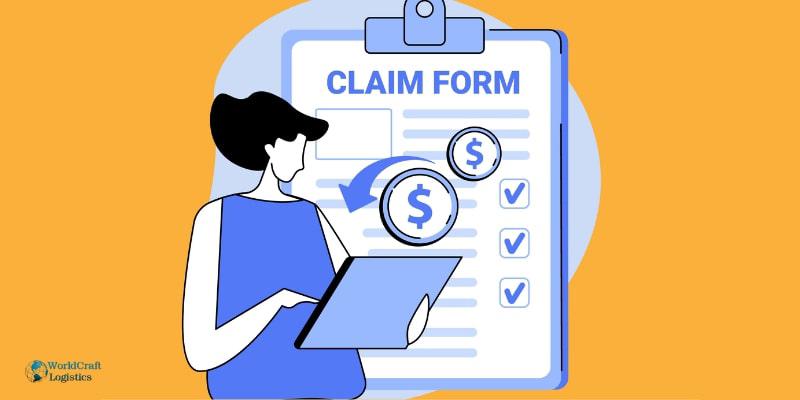
Overview of the article, Worldcraft Logistics has clarified the question at the beginning of the article "What is cargo insurance?". At the same time, provide more detailed information about types of invoices, how to calculate fees, and instructions for receiving insurance money. Let's choose the right insurance coverage to mitigate the risk of loss or damage to your cargo shipments, and ensure peace of mind. Consult a trusted Logistics company in U.S - Worldcraft Logistics to identify the best insurance policy and coverage for your cargo shipments to or from USA and the other regions.
SEO
Digital Marketing/SEO Specialist
Simon Mang is an SEO and Digital Marketing expert at Wordcraft Logistics. With many years of experience in the field of digital marketing, he has shaped and built strategies to effectively promote Wordcraft Logistics' online presence. With a deep understanding of the logistics industry, I have shared more than 500 specialized articles on many different topics.
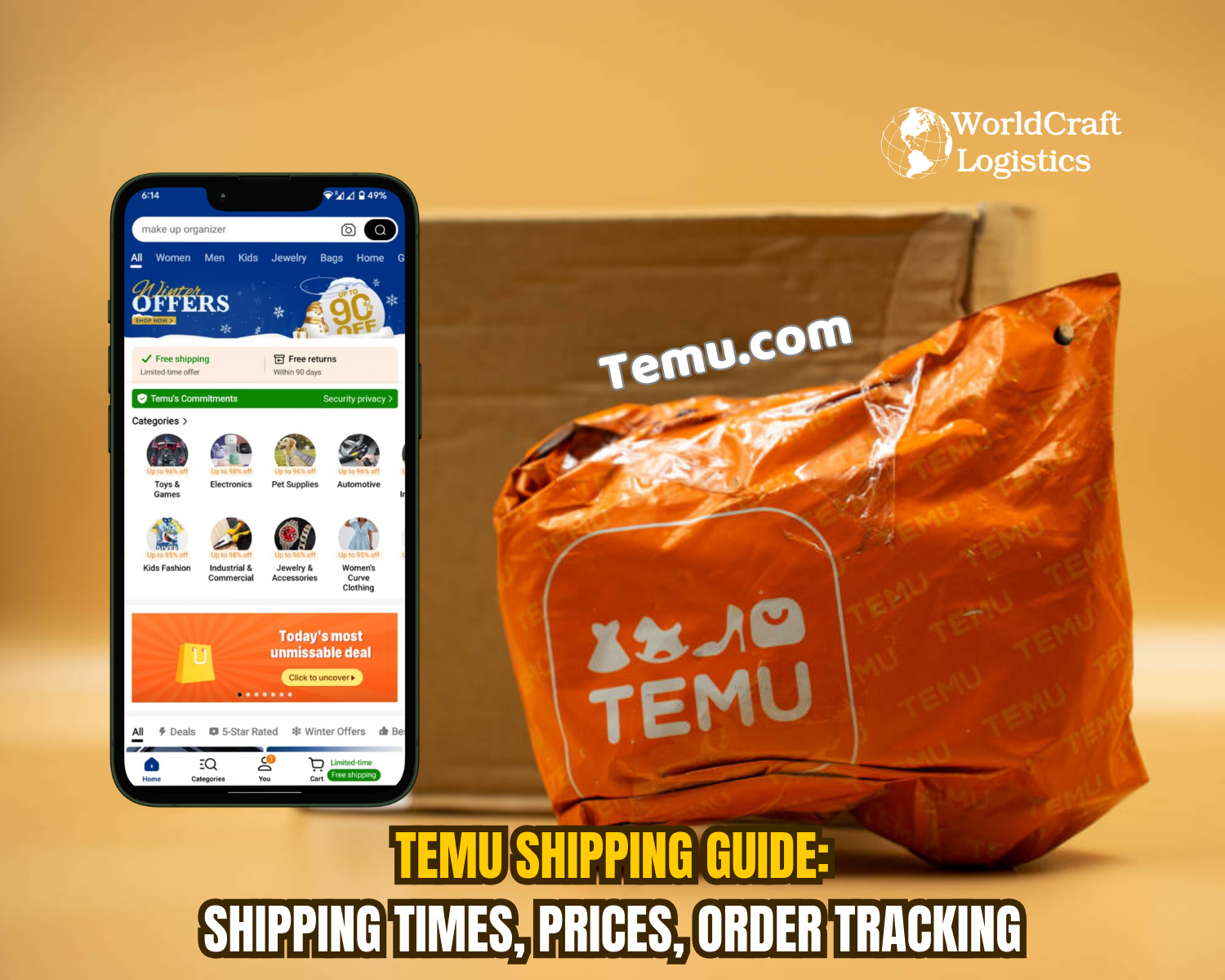
Education
01/05/2025

Education
02/18/2025
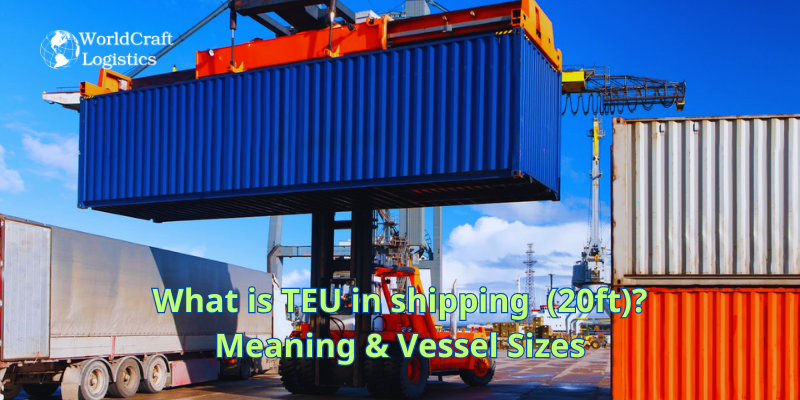
Education
01/01/2024
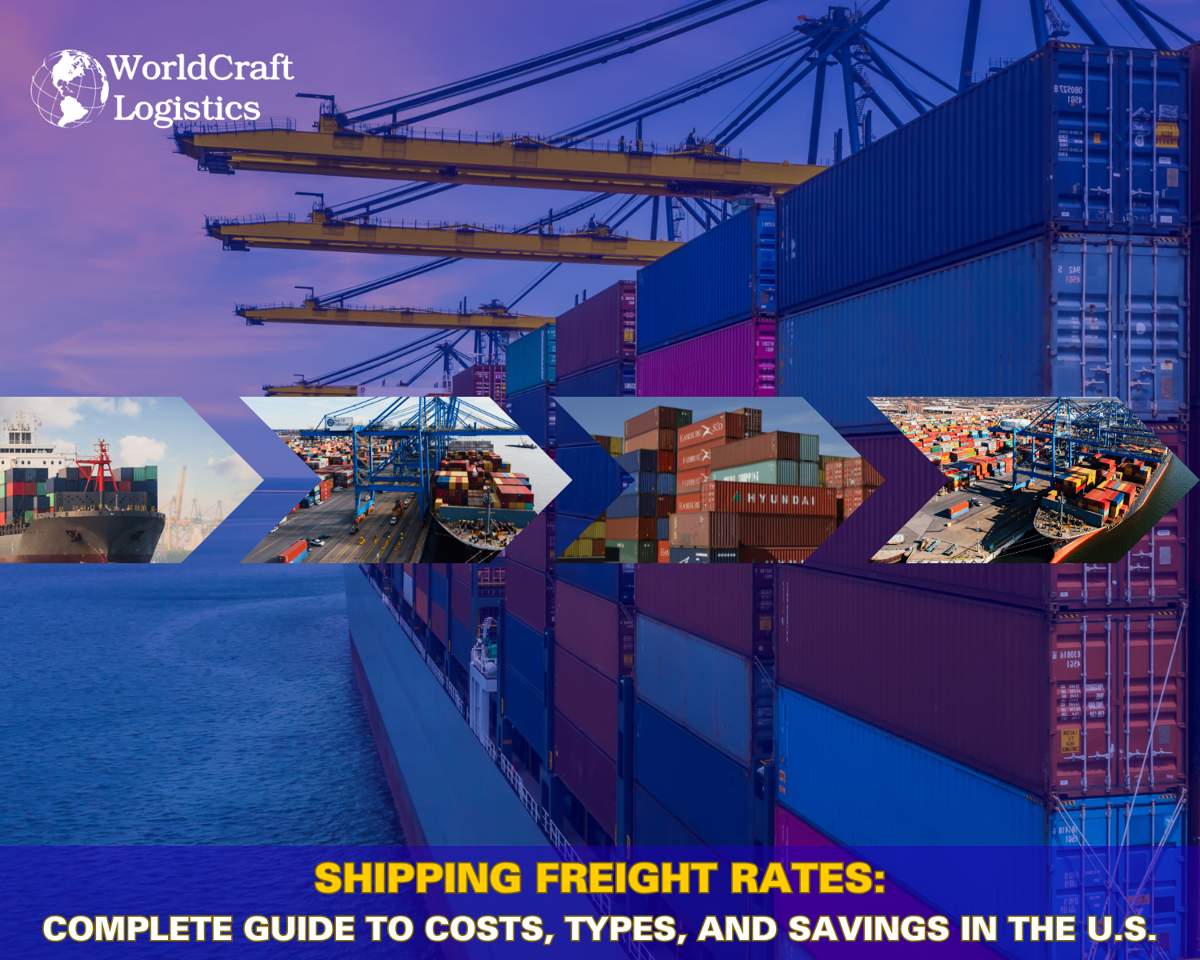
Education
09/09/2025
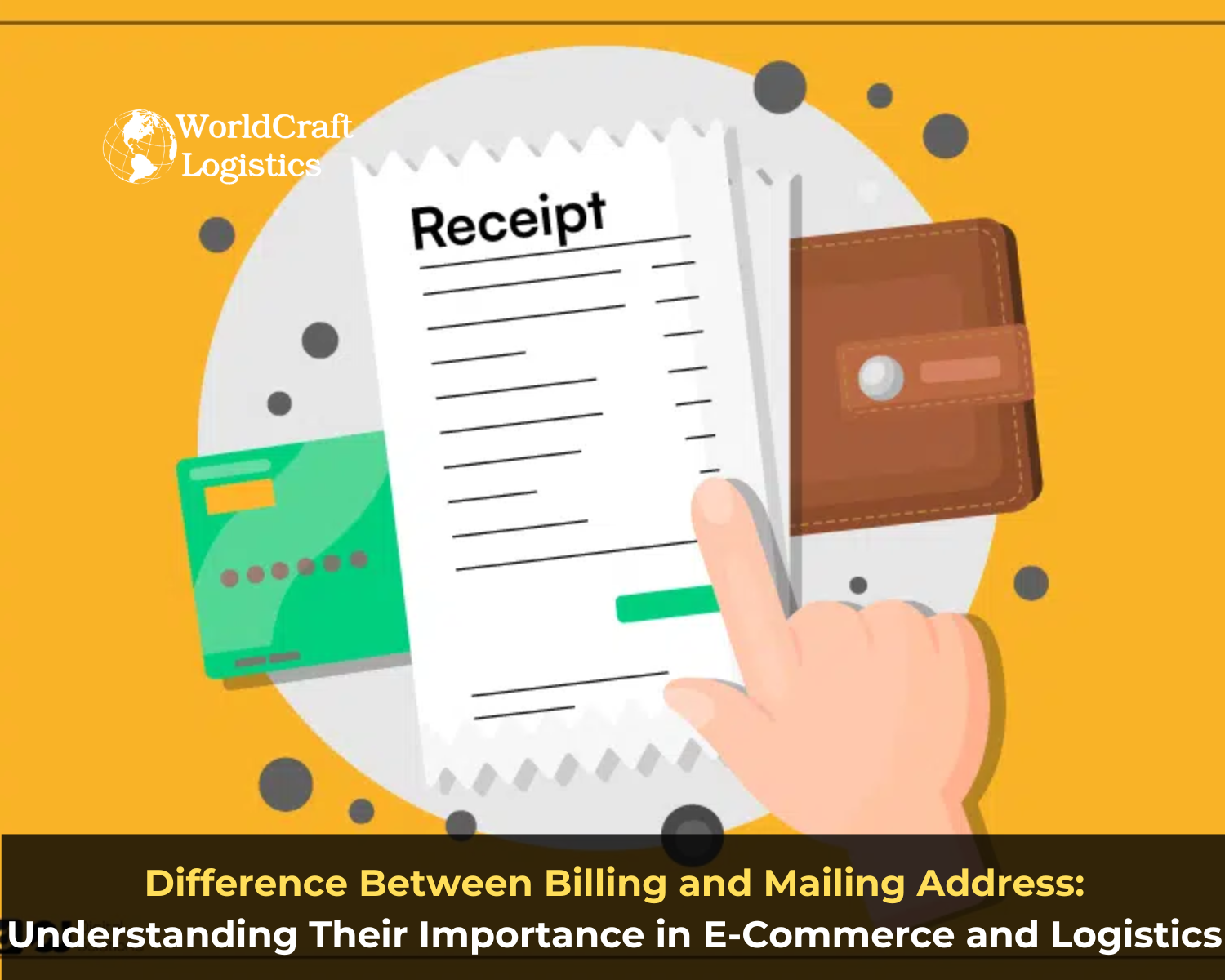
Education
08/28/2024